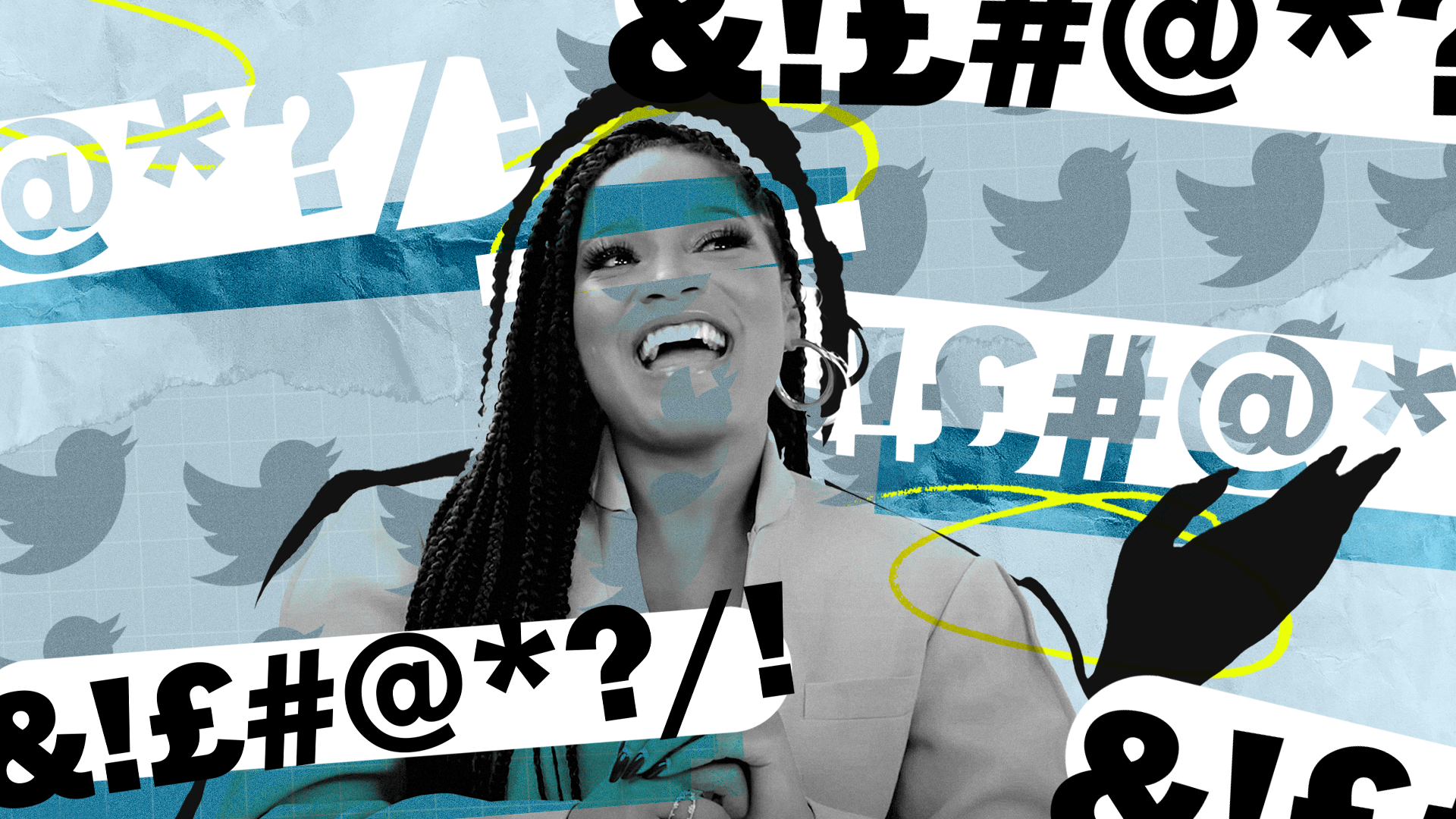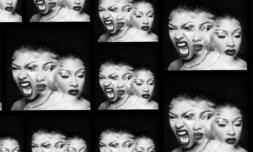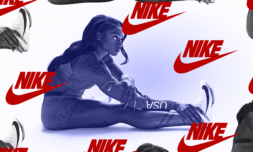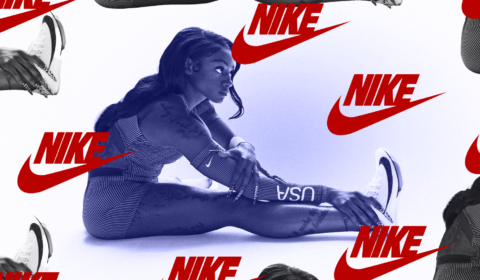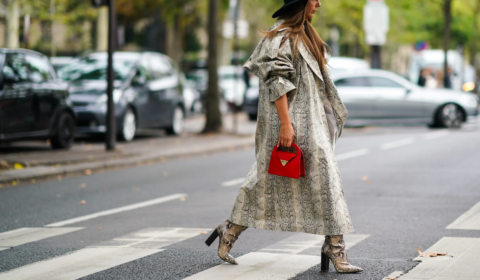Without a doubt, the chronically online community has become disillusioned with what real skin and people look like.
Instagram filters, the rising popularity and affordability of cosmetic surgeries, and ease of access to photo-editing technologies are just a few things we can place the blame on.
In the midst of all this, Keke Palmer has been open about her skin troubles which stem from living with polycystic ovary syndrome (PCOS). Hormonal imbalances caused by the condition can trigger the skin to produce more oil, leading to acne on the face, back neck, and chest.
In 2020, Keke told PEOPLE magazine, ‘I never like to be defined by any one thing, whether it be my skin, or something else that I’m struggling with.’
She continued, ‘When it came to the PCOS thing, I was sharing my personal journey as far as it came to learning about myself. And as a young woman, I think that’s something that everybody can understand.’
Granted, most of the people spewing negativity might not have known this fact.
But it still begs the question of why internet users revel in negatively commenting on another person’s appearance, as if they’ve never encountered a physical flaw on their own body at some point in their own life.
All of this goes without mentioning that Keke had joyfully announced her pregnancy in an acclaimed SNL monologue only days beforehand.
It seems absolutely insane that a woman as talented, charismatic, and beautiful as Keke Palmer could be dragged on the internet for something as minor as attending a sports event while dressed down and bare-faced. But it happened.
Most women – famous or not – can relate to feeling expected to engage in a people-pleasing performance on a regular basis. But when a pregnant celebrity cannot step out for a day of fun without being ridiculed on her appearance, we have to ask ourselves where our priorities are at.
As Keke pointed out in her tweets, the relatively modern but gripping obsession with presenting ourselves as perfect in online spaces is now bleeding into our real lives, where things, as we know, are rarely picture-perfect.
And although Gen Z has been hailed as breaking the mould on beauty standards by embracing natural skin and minimal makeup, it still hasn’t helped everyone evade social pressures. Almost half of this generation say scrolling social media fosters anxiety over their self-image.
Perhaps it’s time to reassess how we measure the value of others. A great place to start would be to look at the people we hold dearest to us. Do we not judge them on their character, honesty, unique talents, and ability to love and care for others around them?
If the answer is yes, it’s high time we question why these values vanish inside digital spaces.
I don’t have the answers, but I do know that Keke Palmer’s response to online hate should be a lesson in self-confidence for everyone regardless of their gender.
In a culture where an appearance-based value system seems to be hailed above all else, recognising your own positive traits and having confidence in what you bring to the table trumps any nasty thing somebody could say about you.
As far as things go for those engaging in hate speech online, it’s probably worth taking some time to look at what value adds to your day and what carrying out that activity says about you.
Because, in reality, tearing another person down for not reaching the imaginary – and unattainable – beauty standards of today is one of the ugliest behaviours anyone can perform.
Not so beautiful now, are we?









